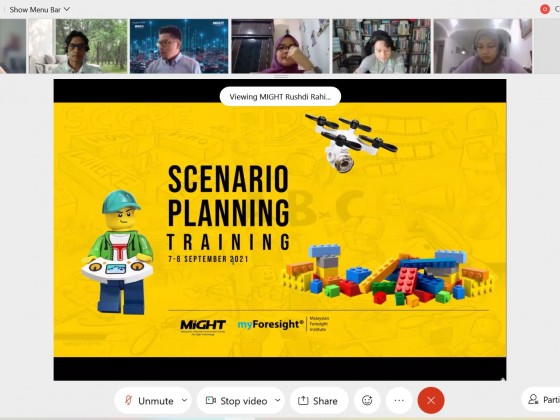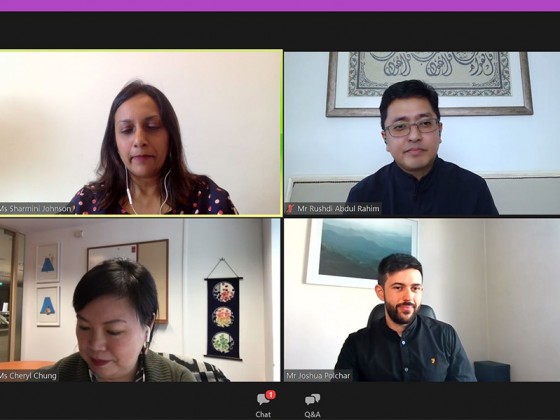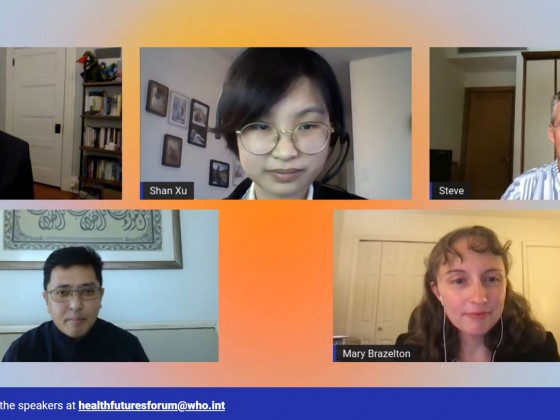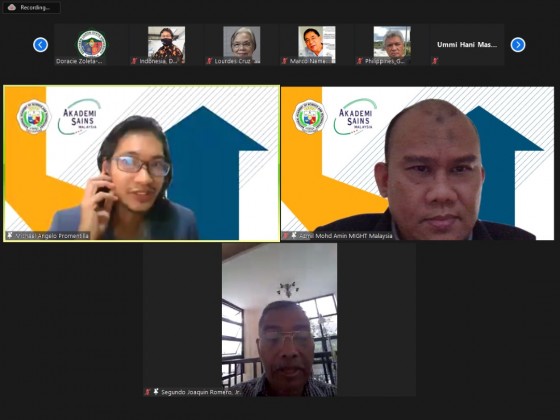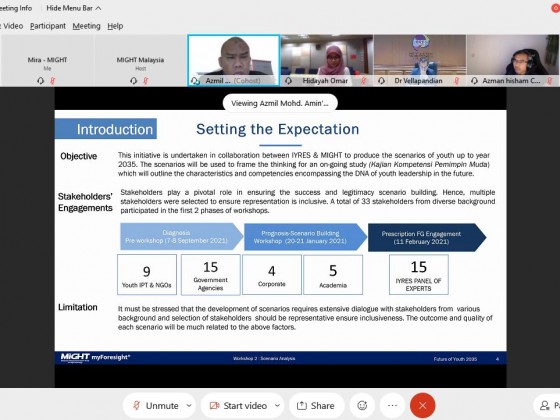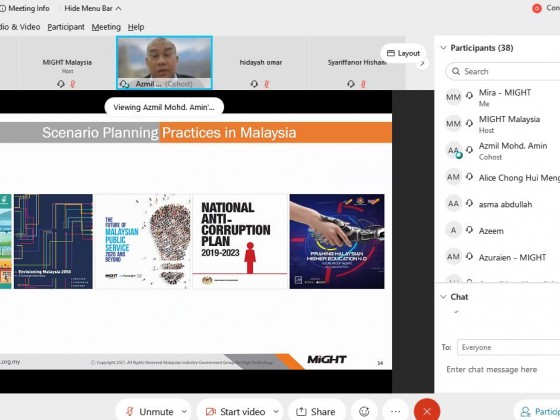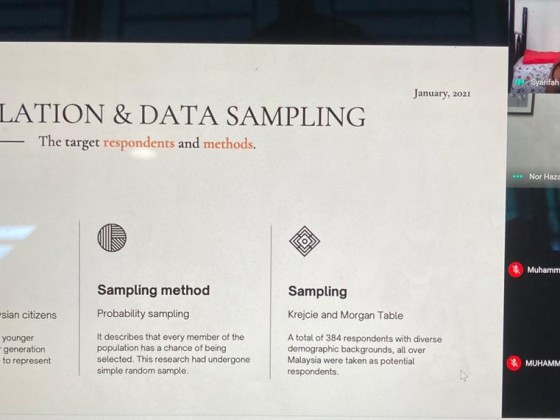10th July 2018, Auditorium Dr. Tengku Azzman Mohd Shariffadeen, MIMOS Berhad, Technology Park Malaysia, Selangor
Contributor: Mohd Hasan Bin Mohd Saaid
Editor : Mastura Ishak

A public consultation session on UN/CEFACT blockchain white paper was recently held at Technology Park Malaysia, as part of Malaysia’s initiative to be a key contributor in global standardisation initiative. A precursor to future regulatory framework, the meeting focused on blockchain trade facilitation and supply chain automation. The two-way program was undertaken under the purview of Technical Committee T/C/G 15, the Malaysian National Mirror Committee for TC 307, the ISO Committee for Blockchain and Distributed Ledger Technology (DLT).
Currently, there are 35 countries on the TC 307 Committee’s list of active participants. Meanwhile, another 15 attended as observers. Evidently, the growing number of participating countries reflects swelling interests in the technology’s development.
Fueled by technology, UN/CEFACT’s collective effort aims to facilitate wider blockchain adoption in various key sectors, especially trade, safety and security. In UN/CEFACT’s view, government-led initiatives will provide a better climate to improve participating countries’ competitiveness and readiness to comply with future global standards.
To ease into the process, Malaysia’s Ministry of International Trade and Industry (MITI) provided context on Malaysia’s ongoing effort in business facilitation that spans trade across borders and e-commerce. Trading across borders was highlighted as the pivotal area that’ll improve Malaysia’s economics of doing business where time and import-export costs are key decision considerations. The ministry assured that over time, Malaysia will continue to strengthen various collaboration networks, infrastructure, and facilities.
Part of this development lies with digital technologies maturing as Tan Tze Ming, Malaysia Digital Economy Corporation (MDEC) representative explained that the UN/CEFACT whitepaper was weighted toward international supply chain such as flow of goods, funds, and data to help business facilitation. As such, blockchain can now be considered as three complementing components entirely;
• Smart contact platform
• Electronic notary, and
• Decentralised process coordinator
As change comes quickly in technology, the subject of integration with IoT for example, is what makes global standards becoming increasingly important. During the public feedback session, MIGHT’s Director of Blockchain Program, Mastura Ishak moderated the technical discussion and subsequently rounded up draft amendments of the white paper to be submitted to the UN/CEFACT.
In conclusion, governments’ collaborative effort between the public and industry members will largely determine blockchain’s take up rate. The UN/CEFACT Blockchain White Paper provides a general guideline of the general requirements needed to accelerate global-scale adoption. Besides individual adoption where the basis of the system is invariably users’ trust, at larger national level however, governments must work together to work out a fool-proof adoption framework. On one count, further discussions need to be conducted to convert current groundwork into applicable mandatory requirements that will enable monitoring by the instituting entities.




